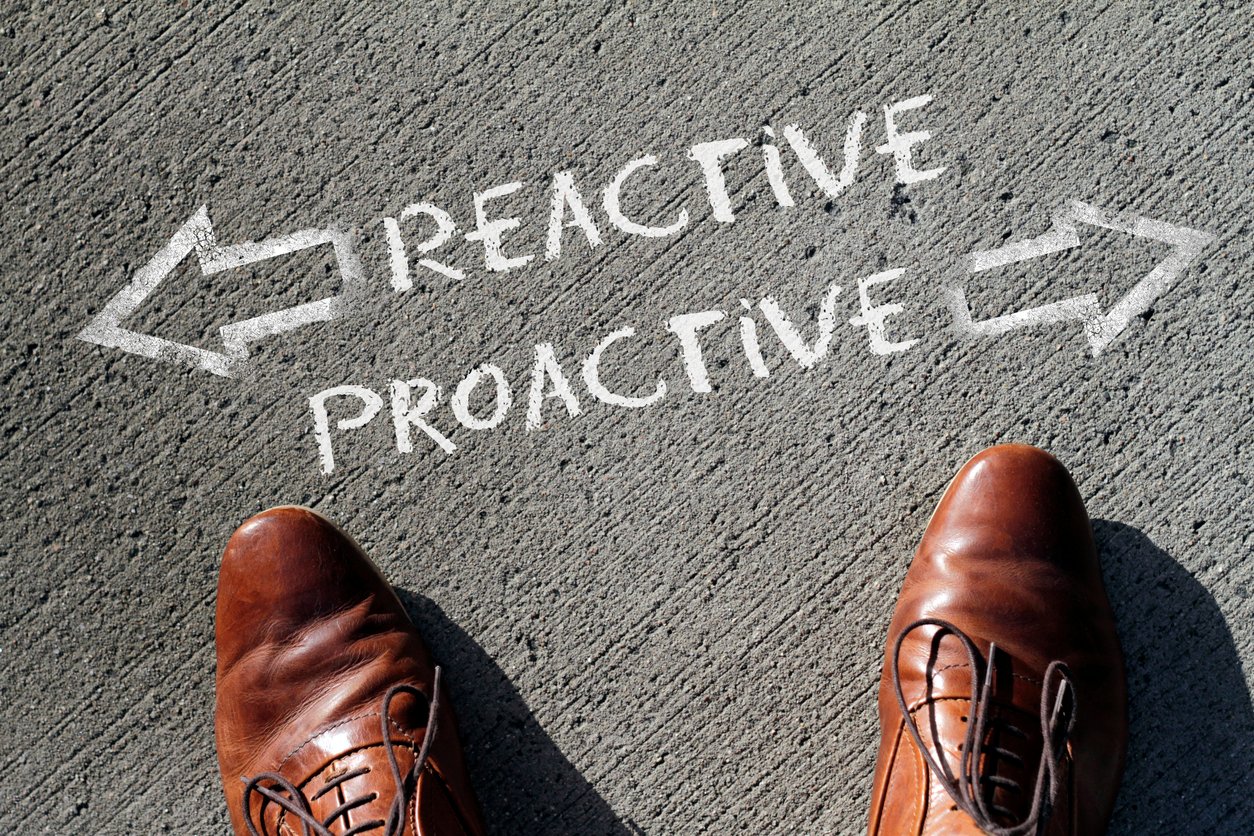
Hayat sizin, peki kontrolü kimin?
En çok sahip olup en az kullandığımız şey muhtemelen özgürlüğümüz. Kabuğumuzu kırıp yeni insanlarla tanışmak, yeni yerler keşfetmek için önümüzde bir engel yok ama vaktimizin çoğunu evlerimize kapanarak, dışarı çıksak bile o 6 inçlik ekrana hapsolarak geçiriyor ve ömrümüzü çürütüyoruz.
Elbette sırf bu satırları okudunuz diye bir anda vadesiz hesabınızı boşaltıp Vegas bileti alacak değilsiniz, fakat günlük rutininizi pek değiştirmeden de hayatınızın kontrolünü geri alabilirsiniz.
Reaktif vs. Proaktif
İlkini biliyoruz; etki-tepki prensibine göre her fiziksel etkinin bir tepki yaratması gerekir. Ancak bu prensip insanlar üstünde, futbol topunda olduğu kadar etkili olmak zorunda değil.
Reaktifliği yerine göre pasiflik, yerine göreyse fevrilik olarak da düşünebilirsiniz. Eğer tüm gün tek yaptığınız etrafınızda olan bitene tepki göstermekse, ki buna telefonunuza düşen her bildirime anında tıklamak da dahil, pasif bir hayat yaşıyorsunuz. Aynı şekilde, eğer sizi kışkırtma potansiyeline sahip (karşı tarafın niyeti bu olmayabilir, ki genelde değildir) her söz ve eyleme anında yanıt veriyorsanız, fevri davranıyorsunuz.
İkinciye gelirsek, 'proaktif'in sözlük anlamı şu:
Bir duruma gerçekleştikten sonra yanıt vermek yerine, o durumu yaratmak ya da kontrol etmek.
Yukarıdaki örnekleri yeniden ele alalım: Telefonunuza düşen bildirimin kaynağı yeni bir WhatsApp mesajı ya da bir tweet diyelim. O mesajı yazıp gönderen, proaktiftir. Aynı şekilde o tweet'i atan da. Peki biz bunları okuduğumuz zaman hemen reaktif mi oluyoruz?
Nokia 3310'da yılan oynamaya geri mi dönelim yani?
Hayır. Birinci nüans, zamanlamada. Eğer bildirim düşer düşmez telefonunuza sarılıyorsanız, reaktifsiniz. Yok eğer bildirimlerinizi kapatmış ve gelen mesaj ya da düşen tweet'leri yalnızca müsait olduğunuz zaman okuyorsanız, siz de proaktif taraftasınız.
Diğer örnekteki, resminizin/videonuzun vb. altına iğneleyici yorum bırakan o yaramaza gelelim. Eğer saat başı yorumları kontrol ediyor ve bunu okur okumaz küplere binip, anında arkadaşı engelleyip, yorumunu da siliyorsanız, fena halde reaktifsiniz.
Lakin eğer sosyal medyadaki vaktinizin çoğunu içeriklerinizin nasıl karşılandığını teftiş ederek değil, o içerikleri üreterek harcıyorsanız; garez bir hakaret yahut küfür içermeyen, yalnızca sizi tahrik etme amacı güden yorumları okuduktan sonra eylem almak için kendinize en az 1-2 gün verebiliyor, sonrasında da eğer karşınızdakini alttan alan bir yanıt verme büyüklüğünü gösterebiliyorsanız tebrikler, Dalai Lama'dan sıradaki öpücüğü siz hak ettiniz.
Kolay değil, doğru. Ancak iki örnekte de gördüğünüz gibi, reaktiflikten proaktifliğe geçişin püf noktası zaman. Hiçbir şey bu dijital çağda göründüğü kadar acil değil, kendinize eyleme geçmek için biraz vakit tanıyın. Örnekleri sayfalarca çoğaltabiliriz; herhalde bu ikisi arasındaki farkı en iyi kripto yatırımcıları bilir. Kaç kere bir coin coştu diye 'fomo'ya kapılıp tepeden alarak, ya da içerde olduğunuz dibi boyladı diye panik olup satarak, paranızın büyük kısmını kaybettiniz? Halbuki durup, derin derin nefes alıp, birkaç gün bekleseydiniz...
Unutmayın; aklı yerine duyguları tarafından yönetilen insanlar, tersini yapanların hakimiyeti altında yaşarlar.


0 Yorum